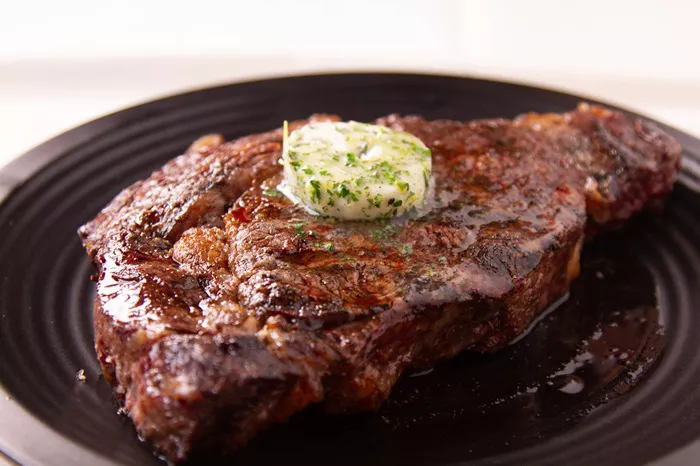In a plotline reminiscent of Vonnegut’s dark humor, Japanese scientists have devised an unconventional solution to the looming food shortage crisis: synthesizing food from human waste matter.
Mitsuyuki Ikeda, a researcher from the Okayama Laboratory, spearheaded the development of steaks derived from proteins found in human excrement. Tokyo Sewage enlisted Ikeda’s expertise due to an excess of sewage mud, prompting him to explore potential applications for this abundant resource. Through meticulous experimentation, Ikeda discovered that sewage mud harbored a significant protein content, primarily from bacterial sources.
The breakthrough came when researchers extracted these proteins, combined them with a reaction enhancer, and subjected the mixture to a specialized process, resulting in the creation of artificial steak. Remarkably, this “meat” composition boasts 63% proteins, 25% carbohydrates, 3% lipids, and 9% minerals. To enhance palatability, the steak is colored red with food coloring and flavored with soy protein, eliciting initial feedback likening its taste to beef.
Beyond its culinary appeal, the implications of this innovation are profound. The meatpacking industry, notorious for its substantial greenhouse gas emissions and resource consumption, stands to be revolutionized. By repurposing human waste, Ikeda’s recycled poop burger offers a sustainable alternative, mitigating environmental impact and addressing concerns over animal cruelty.
While the researchers aspire to price the product comparably to conventional meat, the current cost remains prohibitive due to research expenses. Professor Ikeda acknowledges the psychological barriers associated with consuming food derived from human feces but emphasizes the broader benefits, including environmental responsibility, affordability, and reduced caloric content.
In the quest for sustainable food sources, waste becomes a valuable asset. As the research progresses, the hope is that societal perceptions will evolve, allowing individuals to embrace this unconventional yet pragmatic solution to the global food crisis. After all, in a world of limited resources, the adage “waste not; want not” takes on renewed significance.
































